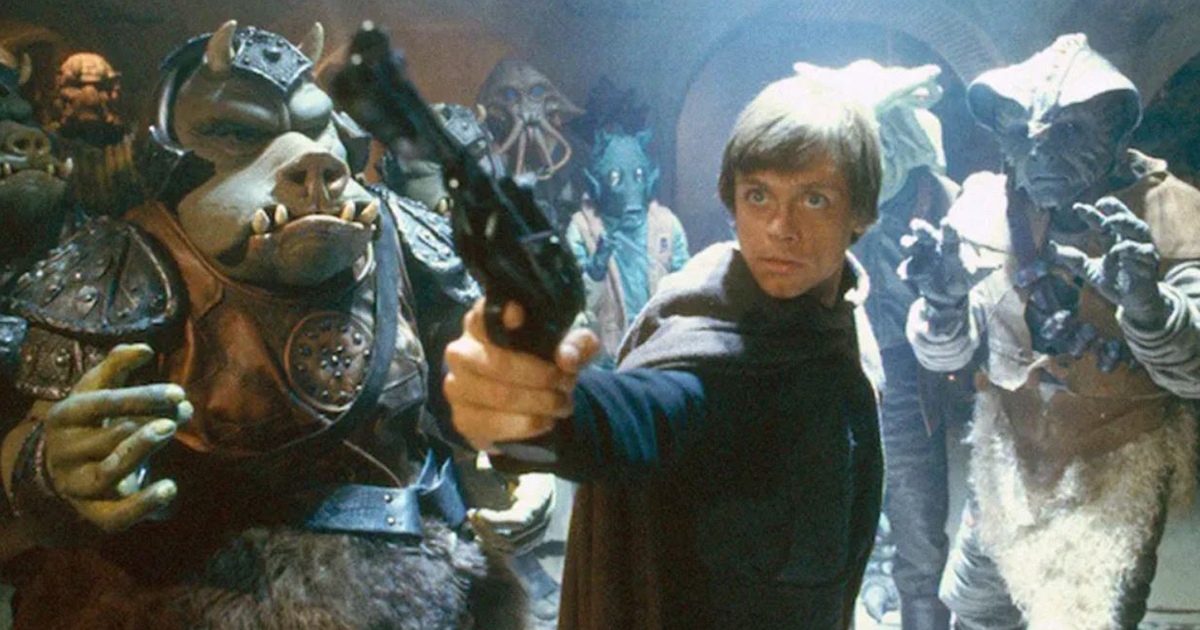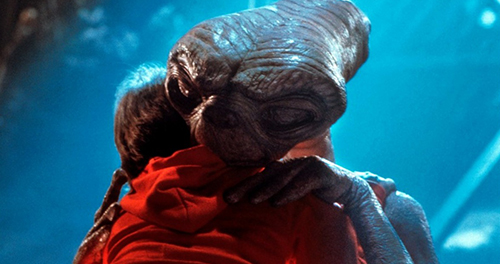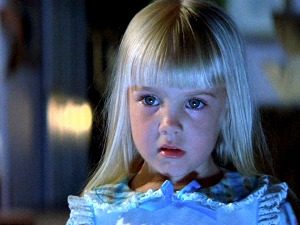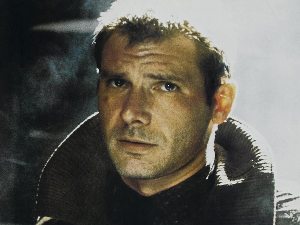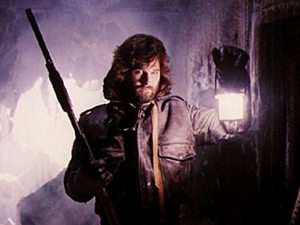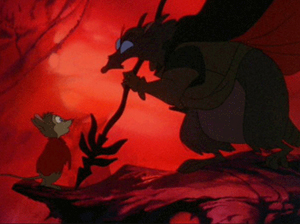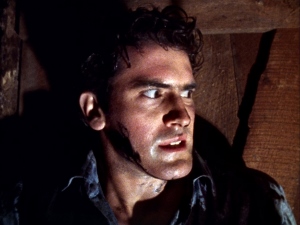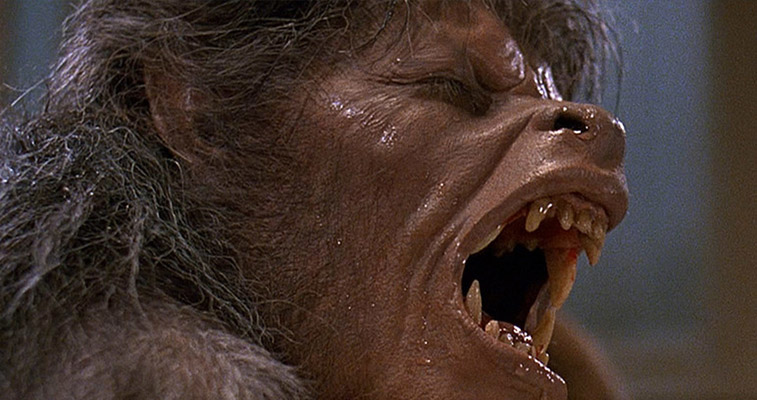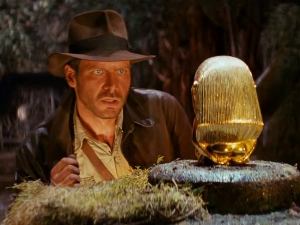E.T. The Extra-Terrestrial (1982)
Poltergeist (1982)
[10]
A suburban family seeks the help of paranormal investigators after their youngest daughter is kidnapped by malevolent spirits inside their own home. Poltergeist, written and produced by Steven Spielberg and directed by Tobe Hooper (The Texas Chainsaw Massacre), is an emotional and visceral thrill ride that I have cherished since childhood. The story’s family, the Frelings, are quirky but entirely believable. You get invested in them before the supernatural shit hits the fan, and this gives weight to all the scares and spectacle that follows.
Blade Runner (1982)
[10]
Blade Runner tackles one of science fiction’s biggest questions: what makes us human? The story by Philip K. Dick is a sci-fi allegory for soldiers returning home with post-traumatic stress, wrapped in the veneer of a neo-noir detective story — all in all, a beguiling blend of genres and content. Harrison Ford plays the detective, Dekkard, a world-weary loner hired to hunt androids (here called replicants) in need of ‘retirement’. The notion is that the replicants were created for war, and once they’re done fighting, they can’t possibly reintegrate back into society. But where real-life soldiers risk losing part of their humanity through warfare, the replicants allege to have discovered theirs — if not through battle, through the things they’ve seen and experienced across the universe.
The Thing (1982)
[10]
This movie does two things extraordinarily well. It transports me and it terrifies me. Before anything scary even happens, director John Carpenter succeeds in creating an atmosphere of mystery and suspense that locks me into the film and chills me to the bone. The story features a group of men holed up in an Antarctic research station who discover an alien (the outer space kind) buried in the ice. They carve the creature out of its entombment and bring it back for study, and that’s when all hell breaks loose. While it certainly services those who just want an amazing creature feature, it also operates as a nail-biting mystery. Since the alien can take any shape or form, the characters never know who to trust. They begin suspecting each other and the horror, which had already been pushing in on them from the outside, is suddenly among them. That’s when things get really good.
The Dark Crystal (1982)
The Secret of N.I.M.H. (1982)
The Evil Dead (1981)
An American Werewolf in London (1981)
Raiders of the Lost Ark (1981)
[10]
Steven Spielberg wanted to make a James Bond movie until his buddy George Lucas said, ‘I have a better idea.’ And he did. Lucas created Indiana Jones, a globe-trotting archaeologist who sought treasure for fortune and glory while encountering a variety of adversaries in his travels, starting with the Nazis in Raiders of the Lost Ark. Indiana Jones would become the new name of film adventure in the 1980s, paying homage to the cliffhanger serials of yesteryear while simultaneously elevating them with a bigger budget and more attention to craft and character. Lawrence Kasdan’s screenplay for Raiders of the Lost Ark is a well-oiled machine that never falters or skips a beat, balancing the thrills with a healthy dose of humor and the spectacle with likeable characters with whom you’re more than happy to go the distance.

